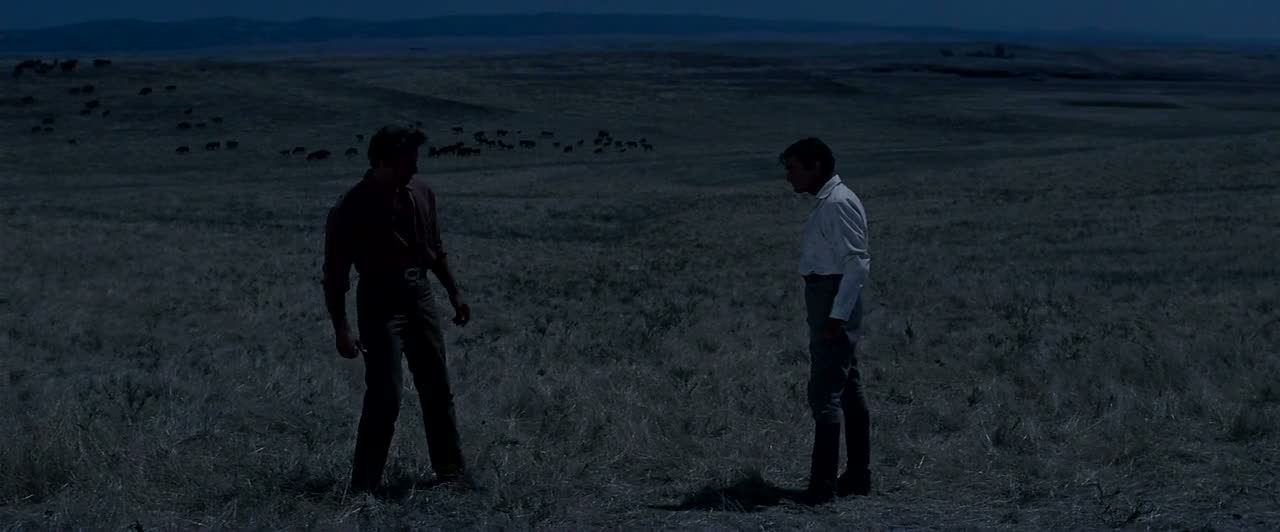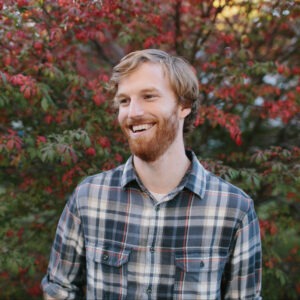
William Wyler’s 1958 film The Big Country is many things you’d expect from an epic western of its era. Nearly three hours long. A plot about families feuding over land and pride in the Wild West. Two vastly different men with vastly different styles vying for the same woman.
But what took me by surprise was just how resolutely the film subverts many of the expected tropes of its genre.
This is epitomized in one scene between the two leads. Gregory Peck, handsome as ever, plays the genteel New Englander McKay who arrives in the “big country” of the western plains to marry the local honcho’s daughter Patricia. Charlton Heston, laconic and smoldering as ever, plays the tough-guy ranch foreman Leech, whose own ambitions for Patricia put him at immediate odds with McKay.
But McKay isn’t interested in fighting, for her honor or his. He repeatedly refuses to be goaded into a fight, whether by a posse of ruffians from the rival family or by Leech, who brands McKay a liar in front of Patricia to try to shame him into fisticuffs.
It doesn’t work. Says McKay:
You aren’t going to prove anything with me, Leech. Get this through your head. I’m not playing this game on your terms, not with horses or guns or fists.
He’s only half-right. After Leech successfully spooks Patricia away from McKay due to his seeming unmanliness—”I’ve never been so humiliated” Patricia tells him—McKay decides to settle things with fists, but not as we’ve come to expect from westerns.
He wakes up Leech in the middle of the night, saying he’ll be leaving in the morning but had in mind a farewell. He says this so evenly and without anger that it’s a wonder Leech even got the meaning. The two of them amble out into the twilight and duke it out.
We get our “epic” fight, but it’s in the dark, without horses or guns, without spectators, without any music whatsoever, let alone anything heroic. Just two men silently slugging each other because they feel they have to, and they don’t even look cool while they do it. They’re like drunks brawling in an alley. Wyler pulls the camera way back, the high and wide framing exposing them as insignificant specks against the infinite plains.
They finally wear each other out. McKay:
Now tell me, Leech, what did we prove?
This is merely a subplot in a larger story of rival clans in a lawless land and the consequences of revenge. But it’s a powerful illustration of a new path being forged within the lives of these characters and, metatextually, within the genre of American westerns at large.
There are many more Wyler films I’ve yet to see, but The Big Country—along with The Best Years of Our Lives, Mrs. Miniver, and Roman Holiday—make him an all-timer in my book.

One response to “The Big Country”
[…] The Big Country […]